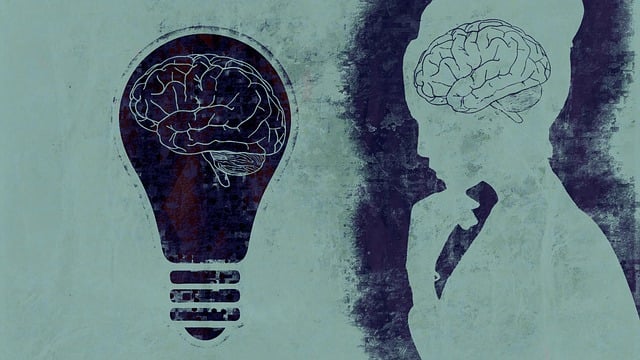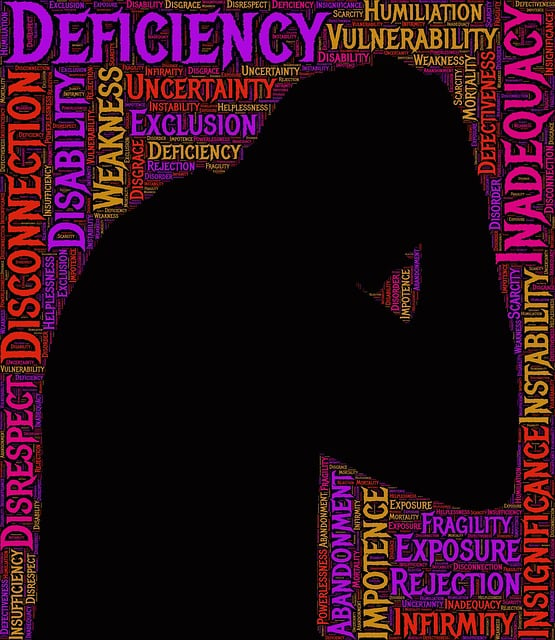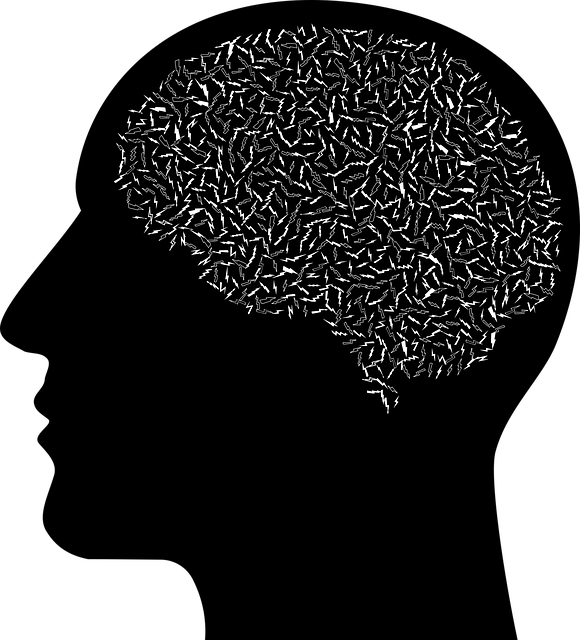Mental wellness journaling is a powerful tool for self-reflection and growth, especially during challenging life transitions, as offered by Denver Major Life Transitions (DMLT) Therapy. By documenting thoughts and experiences, individuals gain inner strength, emotional regulation, and insights into their mental state. This practice fosters self-awareness, resilience, and emotional intelligence, making it crucial for navigating life's challenges in today's fast-paced world. DMLT encourages clients to view life transitions as growth opportunities through journaling exercises, aiding anxiety relief and preventing burnout. Establishing a regular journaling routine with prompts or structured techniques helps individuals discover personal growth, build resilience, and manage stress during major life changes, aligning with the goals of mental wellness coaching programs.
Unwind your mind and embrace the transformative power of mental wellness journaling. This practice, inspired by the Denver Major Life Transitions Therapy approach, offers a nurturing space for self-reflection and growth. In this guide, we’ll navigate you through the process, from comprehending the benefits to establishing a personalized journaling routine. Learn how to track your progress, celebrate milestones, and cultivate resilience as you embark on this empowering journey towards emotional well-being.
- Understanding Mental Wellness Journaling
- The Denver Major Life Transitions Therapy Approach
- Creating Your Journaling Routine
- Tracking Progress and Celebrating Wins
Understanding Mental Wellness Journaling

Mental wellness journaling is a powerful tool for self-reflection and personal growth, especially during challenging times or major life transitions, which Denver Major Life Transitions Therapy often addresses. It involves documenting thoughts, feelings, and experiences in a dedicated space, allowing individuals to develop inner strength and emotional regulation. By jotting down daily occurrences, emotions, and reflections, one can gain profound insights into their mental state and identify patterns that contribute to burnout prevention.
This practice encourages a deeper connection with oneself, fostering self-awareness and the ability to navigate life’s ups and downs. It’s an act of taking time for oneself, which is essential in today’s fast-paced world. Through regular journaling, individuals can cultivate emotional intelligence, enhance coping mechanisms, and discover strategies to build resilience, all of which are key aspects of well-rounded mental wellness.
The Denver Major Life Transitions Therapy Approach

The Denver Major Life Transitions (DMLT) Therapy Approach is a unique and effective method that empowers individuals to navigate life’s challenges with resilience and emotional agility. This therapy focuses on significant life changes, recognizing their profound impact on mental wellness. By understanding these transitions as opportunities for growth, DMLT helps clients develop coping strategies tailored to their specific circumstances.
This approach encourages self-reflection through journaling exercises, allowing individuals to identify and process emotions associated with major life events. It aids in managing risks related to mental health, such as those outlined in Risk Management Planning for Mental Health Professionals. By fostering awareness and providing tools for Anxiety Relief, DMLT contributes to Burnout Prevention Strategies for Healthcare Providers, ensuring professionals maintain their well-being while assisting others.
Creating Your Journaling Routine

Creating a consistent journaling routine can be a transformative practice for your mental wellness, especially during major life transitions. In Denver or anywhere, therapy often encourages this habit as a powerful tool for self-reflection and emotional processing. Start by carving out dedicated time each day—it could be morning coffee moments or before bed reflections—to write down your thoughts, feelings, and experiences. Consistency is key; even short entries can provide valuable insight over time.
Consider incorporating specific prompts to guide your journaling practice. For instance, reflect on your day using a ‘highs and lows’ technique, or explore conflict resolution techniques by writing about challenging interactions and potential communication strategies you could employ. As you navigate life’s twists and turns, these entries will serve as a personal record of your growth and coping skills development, helping you stay grounded and resilient during Denver’s major life transitions.
Tracking Progress and Celebrating Wins

Tracking your progress in a mental wellness journal is a powerful tool to reflect on your journey and celebrate your achievements. As you consistently record your thoughts, emotions, and experiences, you begin to observe patterns, gain insights into your triggers, and identify areas of growth. This self-awareness becomes a valuable resource for navigating Denver major life transitions therapy and fostering resilience. By reviewing past entries, you can pinpoint the strategies that have been effective in managing stress, anxiety, or depression, reinforcing positive changes.
Celebrating wins, no matter how small, is an essential aspect of burnout prevention strategies for healthcare providers. Acknowledging your progress reinforces a sense of self-care and encourages continued effort. Whether it’s completing a particularly challenging task, overcoming a fear, or simply taking time for self-reflection, each win contributes to building mental strength. This practice aligns with the development of mental wellness coaching programs, empowering individuals to take ownership of their well-being and access trauma support services when needed.
Mental wellness journaling is a powerful tool, offering individuals a means to navigate life’s challenges and celebrate victories. By combining introspective writing with evidence-based practices like the Denver Major Life Transitions Therapy Approach, this simple routine can foster resilience and emotional well-being. Through consistent practice, individuals can track their progress, identify patterns, and gain valuable insights into their mental health journey. So, why wait? Start journaling today and take a proactive step towards enhancing your overall mental wellness.














